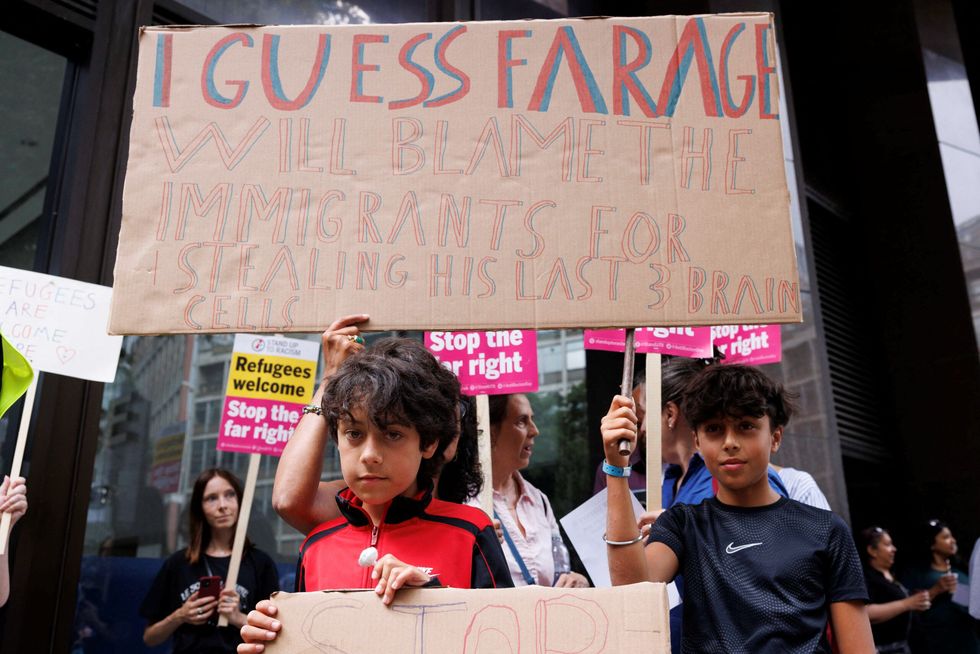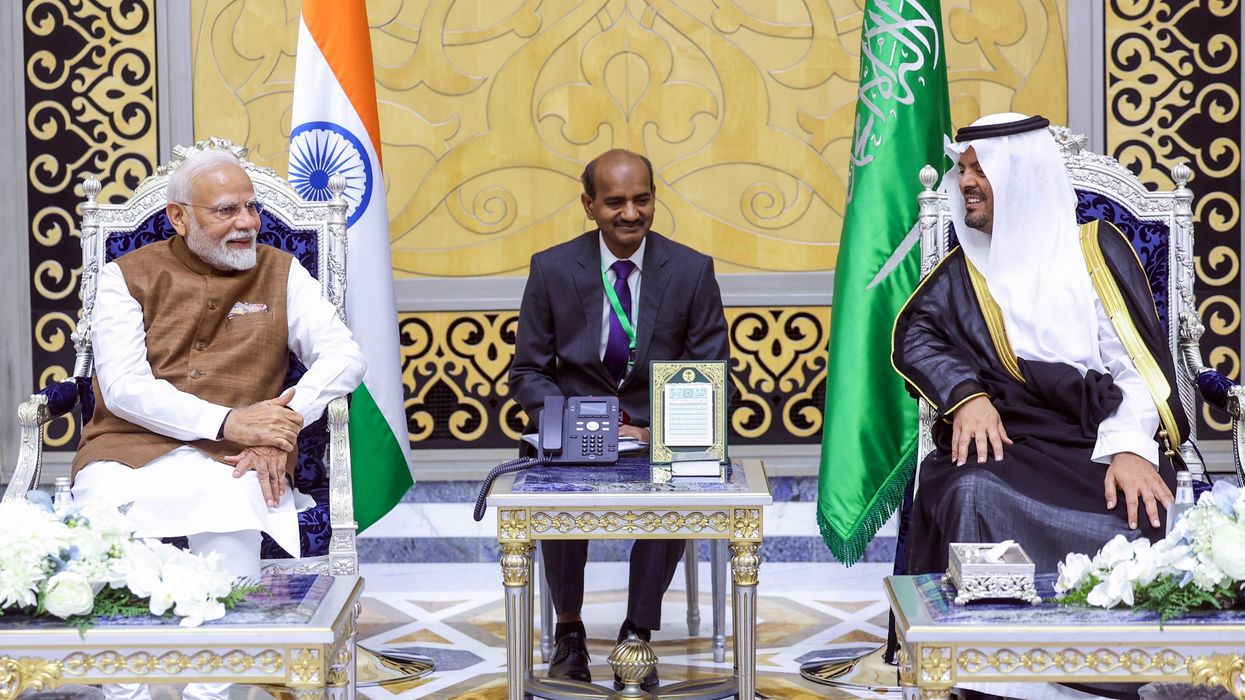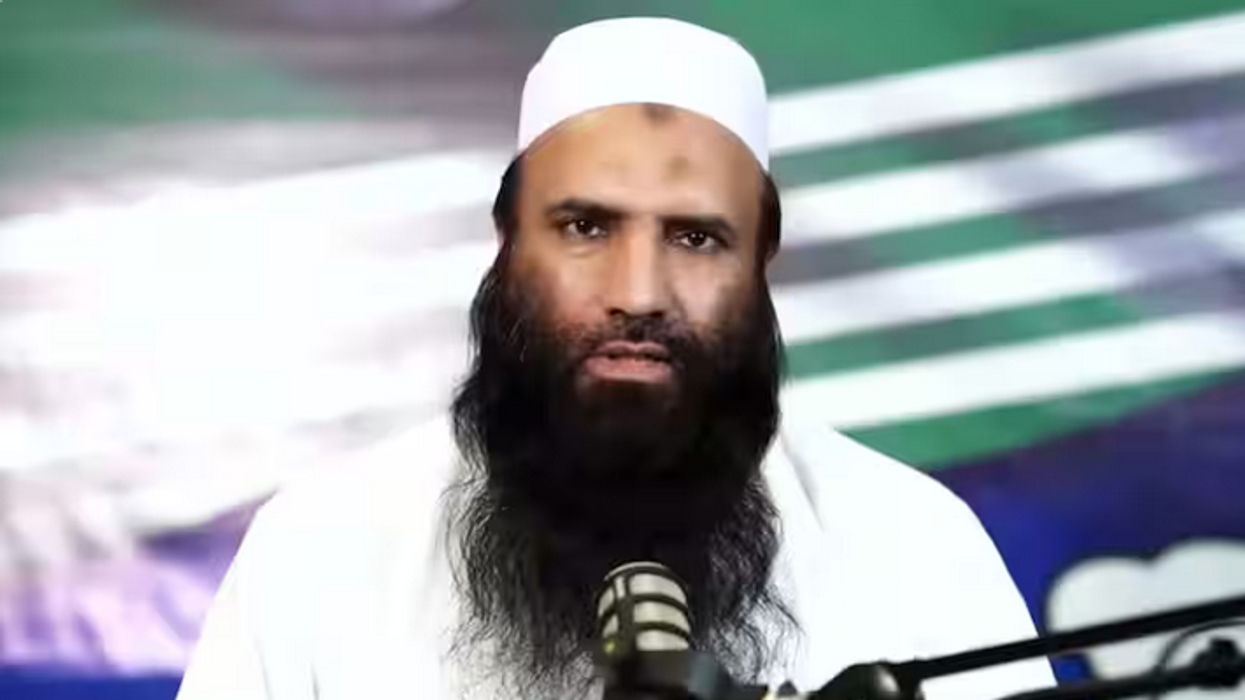SCHOOLCHILDREN will be taught how to spot extremist content and fake news online under proposed changes to the curriculum in the wake of far-right riots across cities fuelled by misinformation on social media.
Education secretary Bridget Phillipson told the Telegraph on Sunday (11) that she is launching a review of the curriculum in both primary and secondary schools to embed critical thinking across multiple subjects and arm children against “putrid conspiracy theories”. It means schoolchildren may analyse articles in English lessons to help learn how to weed out fabricated clickbait from accurate reporting.
“It’s more important than ever that we give young people the knowledge and skills to be able to challenge what they see online,” Phillipson told the newspaper.
“That’s why our curriculum review will develop plans to embed critical skills in lessons to arm our children against the disinformation, fake news and putrid conspiracy theories awash on social media,” she said.
“Our renewed curriculum will always put high and rising standards in core subjects first – that’s non-negotiable. But alongside this we will create a broad, knowledge-rich curriculum that widens access to cultural subjects and gives pupils the knowledge and skills they need to thrive at work and throughout life,” she added.

The move came as the chair of the National Police Chiefs’ Council, chief constable Gavin Stephens, cautioned in an article in the newspaper over disinformation being widely shared on social media sites during the recent violent clashes.
“What has struck me during the disorder is how vulnerable we all are to disinformation and vile hatred online. We have spoken in recent years about how to keep our children safe online, and what we have learned this week is that left unchecked misinformation and harmful posts can undermine all our safety,” he wrote.
“How we behave online is not abstract. It has real world consequences. Perhaps we should be deleting a lot more than we share,” he added.
The riots began in Southport, the scene of the fatal stabbings in north-west England of three young girls at a holiday dance workshop on July 29, after false claims over the UK-born teenage male suspect being a Muslim refugee who arrived illegally into the country on a small boat recently spread like wildfire online.
The violent clashes, blamed by prime minister Keir Starmer on “far-right thuggery”, soon spread across different cities with tough policing action and fast-track court hearings being brought in to clamp down on the unrest. Many of those found to have initiated or shared false claims online have also been arrested and face custodial sentences.
In the past few days, the riots have been met with huge numbers of peaceful counter-protesters in a show of strength against the far-right racist mobs – praised by King Charles III as a sign of “community spirit” in his call for unity this weekend.
(PTI)



















